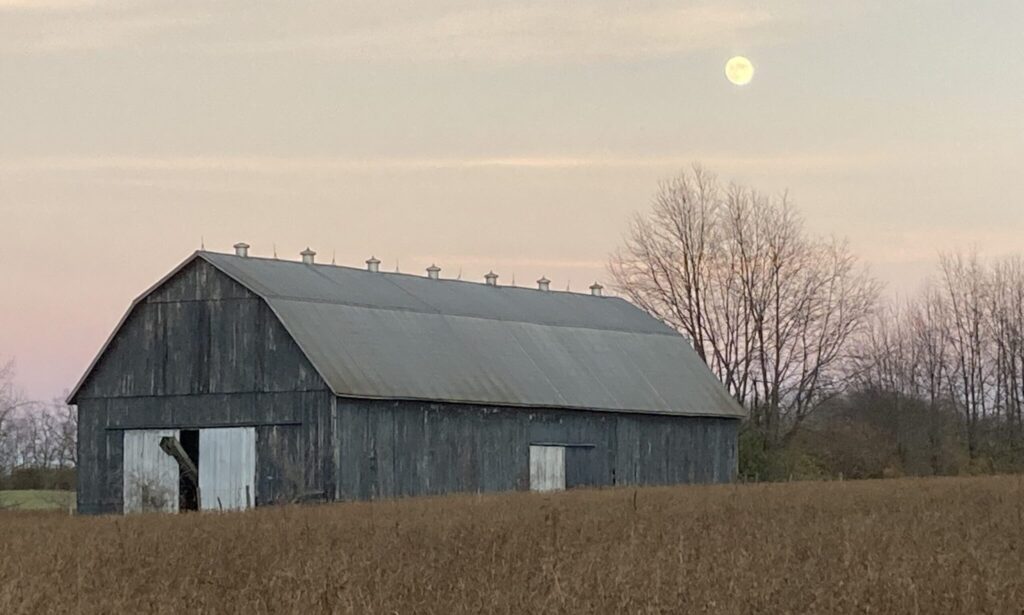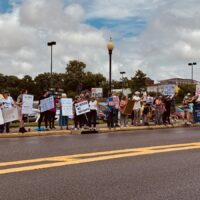A federal judge in Kentucky has blocked the Biden administration’s expanded protections for farmworkers who come to work in the United States under H-2A visas.

The injunction issued Monday by U.S. District Judge Danny Reeves applies in Kentucky, Ohio, West Virginia and Alabama. Plaintiffs in the case — Kentucky farmers and Republican attorneys general from the four states — argued that the U.S. Department of Labor (DOL) rules would allow foreign farmworkers to unionize.
Reeves agreed, saying the rules rephrase the National Labor Relations Act to extend American workers’ right to unionize to foreign H-2A workers, a change that he said would require action by Congress.
“The Final Rule not so sneakily creates substantive collective bargaining rights for H-2A agricultural workers through the ‘prohibitions’ it places on their employers,” Reeves wrote. “Framing these provisions as mere expansions of anti-retaliation policies, the DOL attempts to grant H-2A workers substantive rights without Congressional authorization.”
The DOL had finalized the rules to give temporary farmworkers additional legal protections against employer retaliation, unsafe working conditions and illegal recruitment practices.
A voicemail left with the U.S. Department of Labor media relations office asking about the injunction was not immediately returned.
In fiscal year 2022, the DOL certified approximately 370,000 workers through the H-2A visa process. According to the nonprofit research organization Center for Global Development, the majority of H-2A visa workers come from Mexico.
Coleman, the Kentucky attorney general, in a statement said the “unlawful and unnecessary” Biden administration rule “would have made it harder to get farmers’ products to grocery store shelves and would have increased already high prices for families.”
“We will continue to do what’s right to stand up for Kentucky’s farmers,” Coleman said.
Reeves declined a request from plaintiffs to block the federal rules nationwide, curbing the impact of his order to just the states and individual farmers and farm labor organizations that asked for an injunction.
The new rules had already been blocked in 17 other states after a separate ruling from a federal judge in Georgia.
This article is republished under a Creative Commons license from Kentucky Lantern, which is part of States Newsroom, a network of news bureaus supported by grants and a coalition of donors as a 501c(3) public charity. Kentucky Lantern maintains editorial independence. Contact Editor Jamie Lucke for questions: info@kentuckylantern.com. Follow Kentucky Lantern on Facebook and Twitter.
Liam Niemeyer covers government and policy in Kentucky and its impacts throughout the Commonwealth for the Kentucky Lantern. He most recently spent four years reporting award-winning stories for WKMS Public Radio in Murray.





